Are Vegan Burgers Healthy
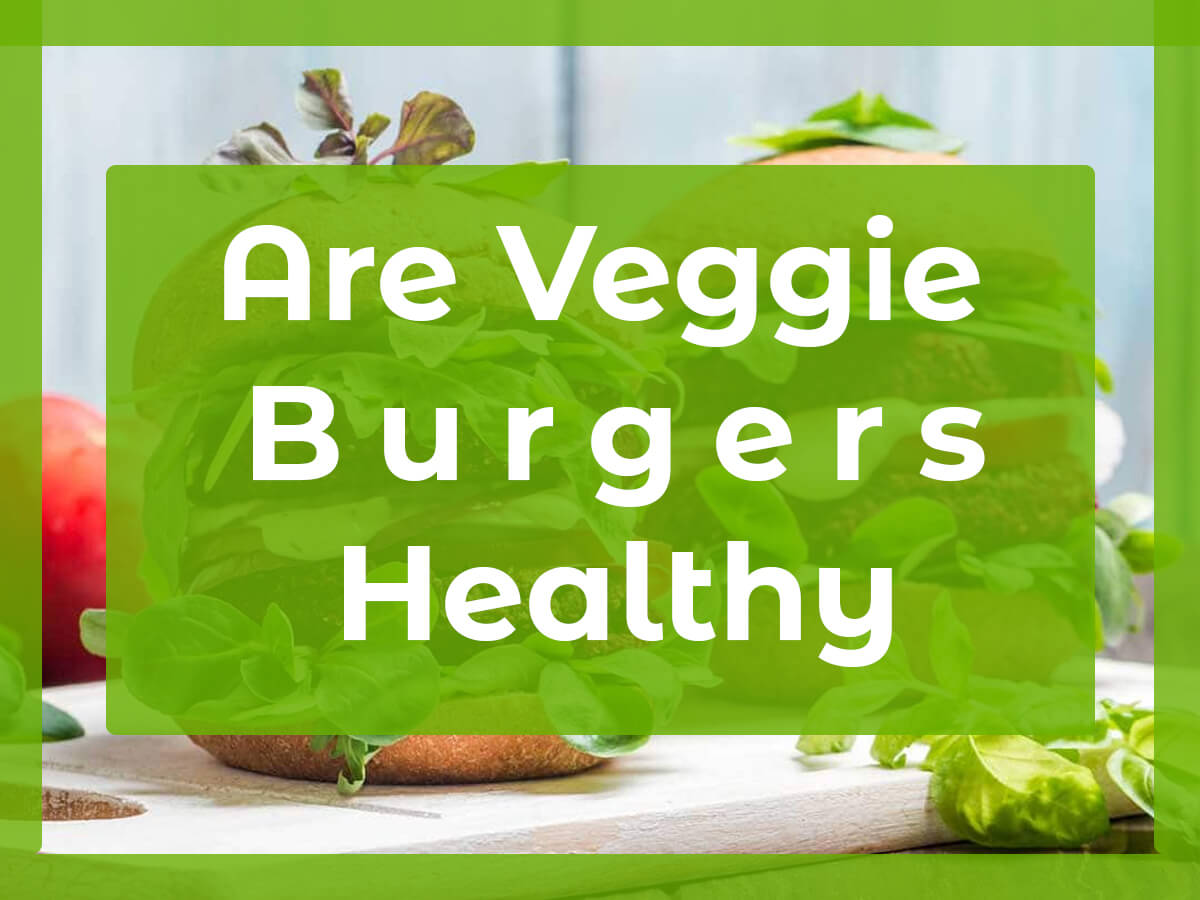
I’m so excited to dive into this topic with you today: are vegan burgers healthy?
As someone who cares deeply about my health and the environment, I’ve been curious whether vegan burgers are healthy and nutritious.
With so many plant-based alternatives popping up on menus and in grocery stores, keeping track of what’s good for us takes time.
So, I did some digging and wanted to share what I found with you.
In this essay, I’ll explore the nutritional value of vegan burgers, compare them with beef burgers, and discuss their potential benefits and drawbacks.
Let’s dive in!
Unravel the mysteries of veganism with our comprehensive guide that answers the age-old question, “Do vegans eat meat?”
Clearing up confusion and misconceptions about veganism – learn the truth about this lifestyle and its dietary restrictions.
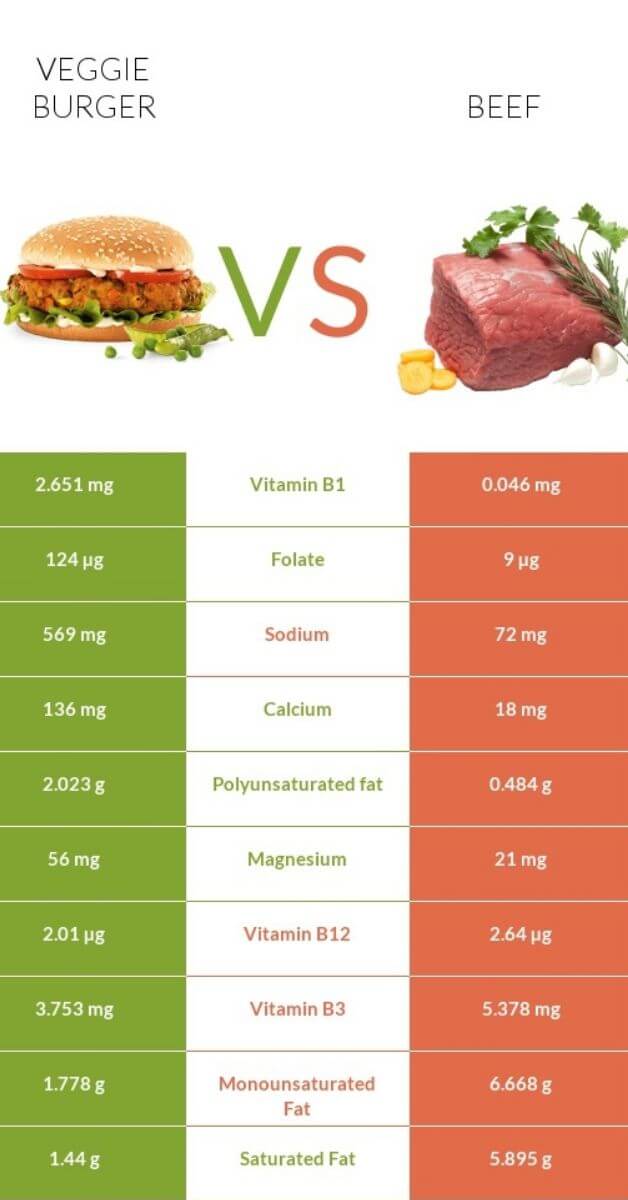
In this article you will read:
The nutritional content of vegan burgers
Alright, let’s take a closer look at the nutritional content of vegan burgers!
As a health-conscious person, I always want to ensure that my food provides me with the right balance of nutrients.
Here’s what I’ve found:
-
Protein content
One of the biggest concerns with vegan burgers is whether they can provide us with enough protein.
However, many vegan burgers are made from plant-based protein sources such as soy, pea protein, and lentils, which can be just as effective at providing the necessary amino acids for our bodies.
Some vegan burgers can have just as much protein as beef burgers!
-
Fat content
Vegan burgers have lower saturated fat than beef, benefiting heart health.
However, it’s important to note that some vegan burgers may contain added oils or fats, so checking the label is always a good idea.
- Carbohydrate content
Depending on the type of vegan burger, the carbohydrate content can vary.
Legume-based burgers, for example, may have more carbohydrates than plant-based meat substitutes.
However, many vegan burgers are also a good source of complex carbohydrates, which can help with sustained energy levels.
-
Fiber content
Vegan burgers that contain whole food ingredients such as beans, grains, and vegetables can be a great source of fiber.
This is important for digestive health and can also help with satiety.
-
Vitamin & mineral content
Vegan burgers can also provide a range of vitamins and minerals, depending on the ingredients used.
For instance, legume-based burgers can be a good source of iron, while plant-based meat substitutes may contain added
Discover the best plant-based sources of vitamin B12 and why it’s essential for vegans and vegetarians.
Get your daily dose of vitamin B12 with these delicious plant-based foods. Top B12-Rich Foods for Vegetarians and Vegans.
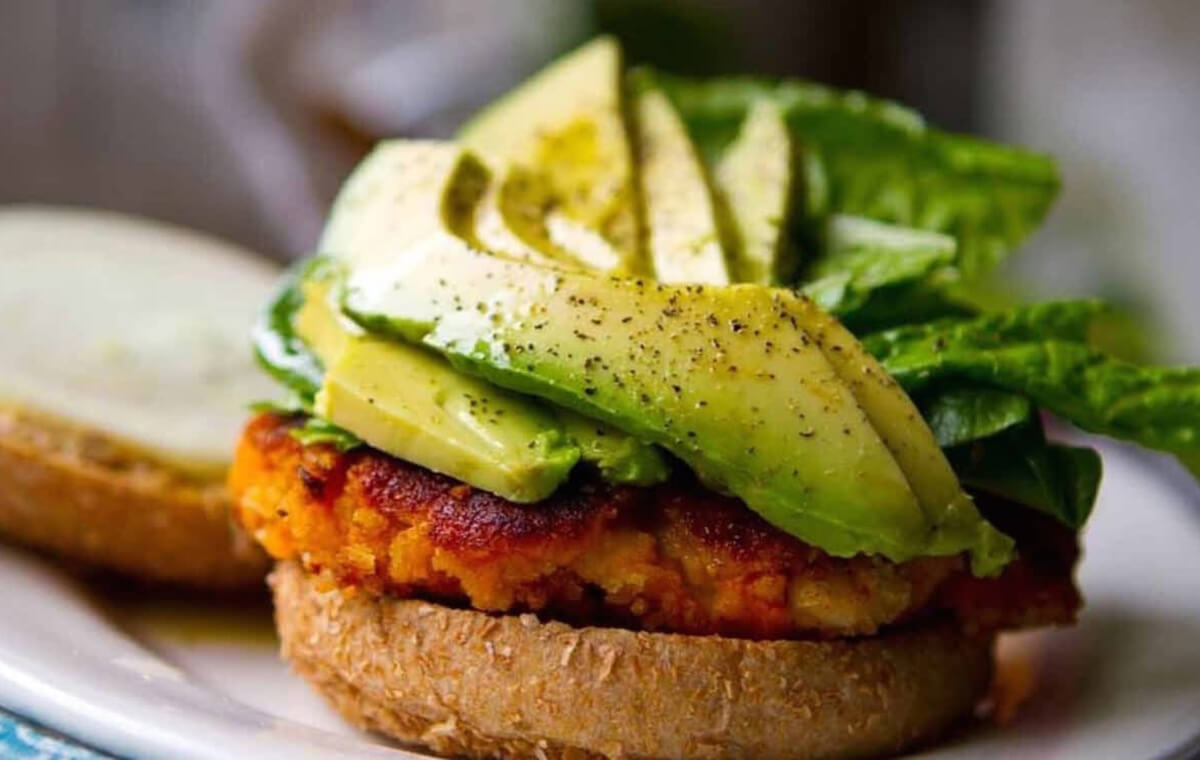
Potential health drawbacks of vegan burgers
While vegan burgers can be a healthy and ethical alternative to traditional meat burgers, there are also some potential health drawbacks.
Some of the key concerns have been listed below:
-
Processed ingredients
Many vegan burgers are made with processed ingredients, such as soy protein isolate or texturized vegetable protein.
While these ingredients can mimic the taste and texture of Meat, they may also be heavily processed and contain additives like preservatives and artificial flavors.
-
High sodium content
Some vegan burgers can be high in sodium, which can be problematic for people with high blood pressure or other health concerns.
It’s essential to read nutrition labels and choose lower-sodium burgers.
-
Lack of nutritional diversity
Although vegan burgers can be a good source of protein, some may lack other essential nutrients like iron, calcium.
Eating various whole foods is essential to get all the nutrients your body needs.
-
Allergies and sensitivities
Some people may be allergic or sensitive to ingredients commonly found in vegan burgers, such as soy or wheat.
I suggest reading ingredient labels carefully and choosing burgers free from allergens or sensitivities that affect you.
You may enjoy the many health benefits of vegan burgers while still eating a healthy, balanced diet if you know these concerns and make informed decisions.
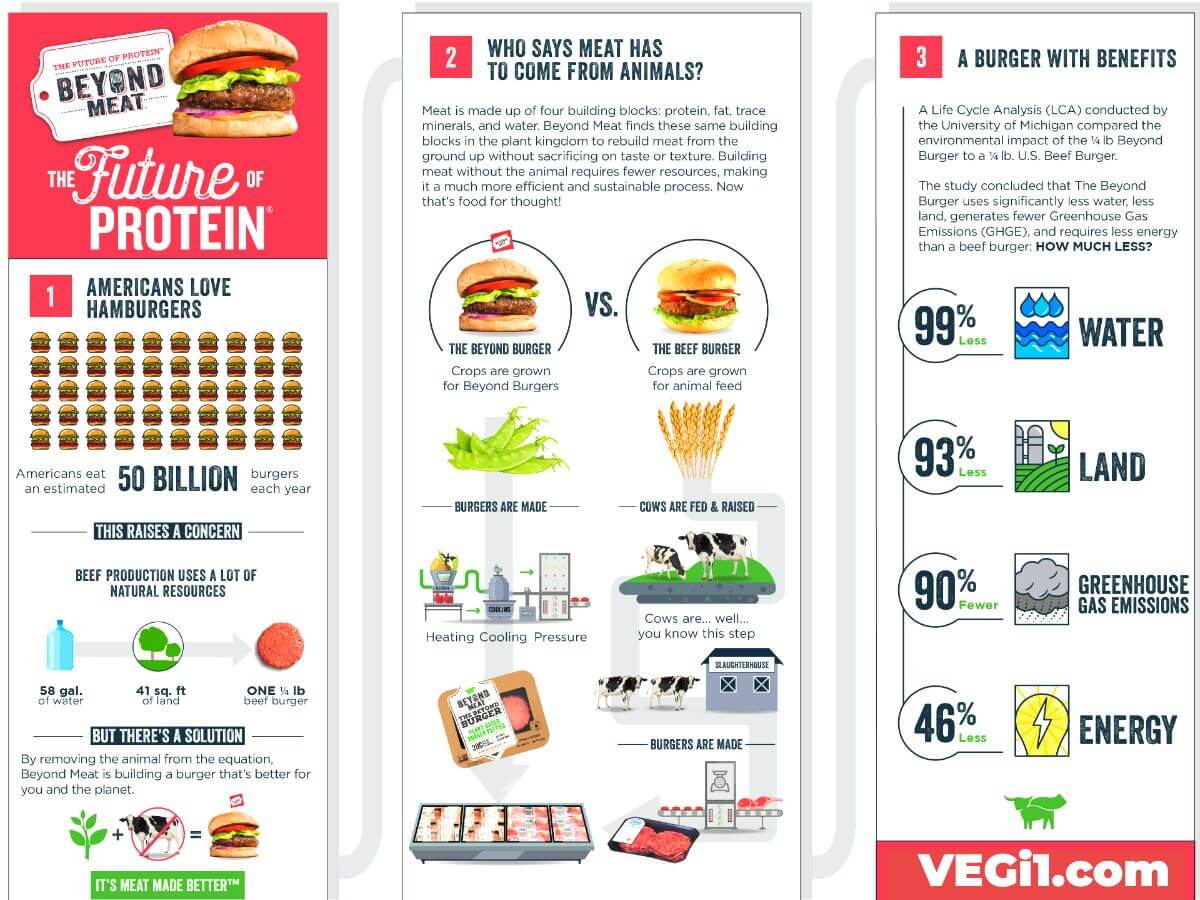
Comparison of the Vegan burger with beef burgers
Let’s compare vegan burgers with beef burgers to see how they stack up regarding nutritional content, health benefits, health risks, and environmental impact!
-
Nutritional content
Beef burgers tend to be high in saturated fat and cholesterol, while vegan burgers can offer a broader range of nutrients, such as fiber, vitamins, and minerals.
However, it’s important to note that some vegan burgers may contain added oils or fats, and not all vegan burgers are created equal in terms of nutritional value.
-
Health risks
Red meat consumption has been linked to an increased risk of specific health issues such as heart disease and colorectal cancer.
On the other hand, consuming a plant-based diet, including vegan burgers, has been linked to a reduced risk of heart disease.
This is likely due to plant-based foods’ high fiber, vitamins, and minerals.
In addition, some studies have suggested that consuming a plant-based diet can be protective against certain types of cancer.
For example, a high intake of fruits and vegetables has been linked to a reduced risk of colorectal and breast cancer.
-
Improved Digestion by vegan burgers
Vegan burgers that contain whole food ingredients such as beans, vegetables, and whole grains can be a great source of fiber, which is essential for digestive health.
Adequate fiber intake can help regulate bowel movements, promote satiety, and reduce the risk of digestive disorders.
-
Lower cholesterol levels of vegan burgers
Vegan burgers are typically lower in cholesterol than beef burgers, which can benefit heart health.
High cholesterol levels have been linked to an increased risk of heart disease and stroke.
-
Environmental impact
The production of beef burgers has a higher environmental impact than vegan burgers.
Beef production requires more resources, such as land, water, and energy, and contributes to greenhouse gas emissions.
Choosing vegan burgers can be a more sustainable choice for the environment.
While these potential health benefits are promising, it’s vital to note that not all vegan burgers are created equal.
Some may contain added oils, sodium, or other processed ingredients that can negate these benefits.
Choosing vegan burgers with whole food ingredients and a balanced nutrient profile is essential for optimal health benefits.
Here’s a comparison table of vegan veggie burgers and meat burgers based on nutrients, health benefits, and potential harms:
| Nutrient/Health Benefit | Vegan Veggie Burger | Meat Burger |
| Protein | Made with plant-based proteins like beans, lentils, and tofu |
Made with animal-based proteins like beef, chicken, or pork
|
| Fiber | High in fiber due to the presence of whole grains and vegetables. | Low in fiber. |
| Fat | Low in saturated fat and cholesterol. May contain healthy fats from sources such as avocado, nuts, and seeds. |
High in saturated fat and cholesterol. May also contain unhealthy trans fats.
|
| Health Benefits | May lower the risk of heart disease, certain cancers, and type 2 diabetes. Can improve digestion and promote satiety due to high fiber content. |
Can increase the risk of heart disease, certain cancers, and type 2 diabetes.
|
| Health Harms | May contain additives and preservatives that could be harmful in excess. May also be high in sodium if not made from scratch. |
High in saturated fat and cholesterol, which can contribute to heart disease and other health problems if consumed in excess. May also contain harmful additives and preservatives.
|
| Cholesterol | Contains no cholesterol | Contains cholesterol |
| Vitamins and Minerals | Often contains a wider variety of vitamins and minerals from the vegetables and grains used in the patty |
May contain some vitamins and minerals from the meat, but not as many as a veggie burger
|
When it comes to health benefits and harms, there are a few things to consider. Vegan veggie burgers are generally considered to be healthier than meat burgers because they are lower in saturated fat and contain no cholesterol. They may also be a better choice for people with certain health conditions, like heart disease or high cholesterol.
On the other hand, meat burgers are often high in saturated fat and cholesterol, which can increase the risk of heart disease and other health problems. Eating too much meat has also been linked to an increased risk of certain types of cancer.
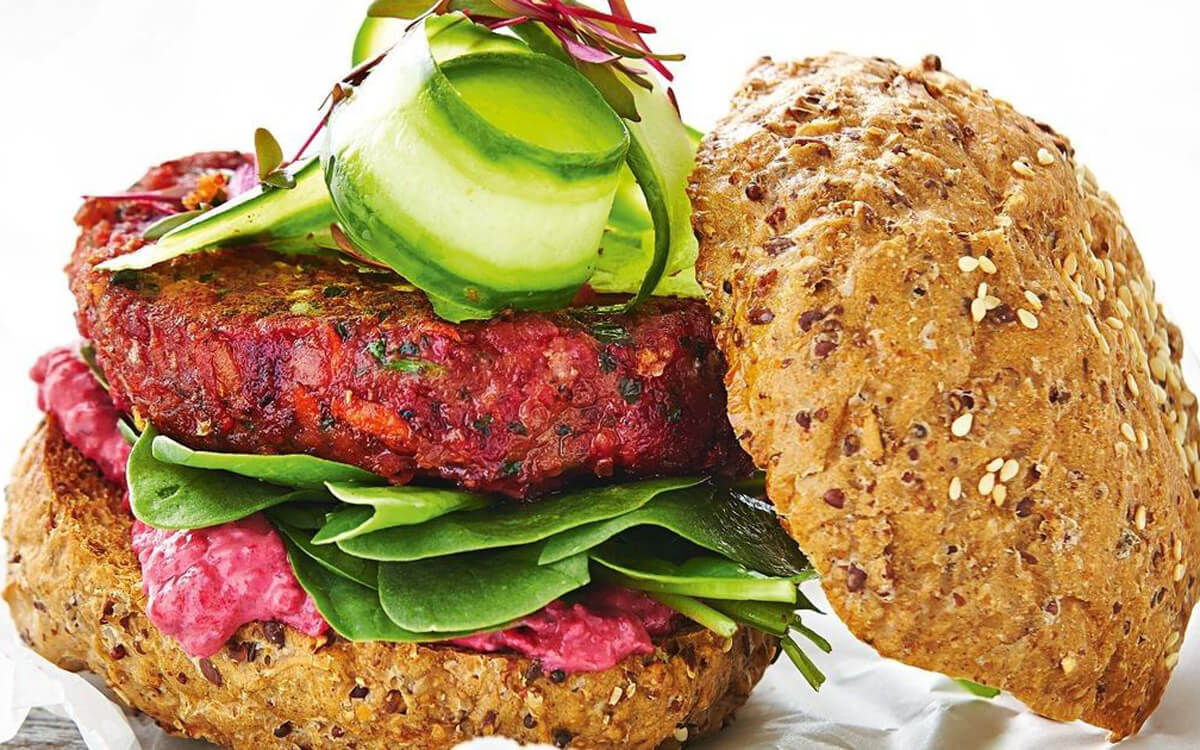
How to make a vegan burger?
If you’re interested in making vegan burgers or want to eat a perfectly healthy one, I’ve got you covered!
Making your burgers can be a fun and healthy way to enjoy a delicious meal.
Below is a step-by-step guide on how to make a vegan burger for yourself:
-
Choose your base
Start by choosing your base ingredient.
You can use beans, lentils, mushrooms, or any combination to create your burger patty.
-
Add flavorings
Add spices, herbs, and other seasonings to flavor your burger patty.
Some great options include garlic, onion powder, cumin, and paprika.
-
Bind it together
Flax eggs, breadcrumbs, or chia seeds can bind your burger patty together.
These ingredients help hold the burger patty together while cooking.
-
Shape & cook
Once you’ve mixed all your ingredients, it’s time to shape your burger patty.
You can use your hands or a mold to create a uniform patty. Then, cook your patty in a skillet or grill until it’s browned on both sides.
-
Assemble your burger
Finally, assemble your burger with your favorite toppings, lettuce, tomato, avocado, and vegan cheese.
You can also add condiments such as vegan mayo or ketchup.
You can quickly create a delicious and nutritious vegan burger with these simple steps!
Experiment with different flavor combinations and ingredients to find your perfect burger recipe.

8 vegan burgers that you can easily make at home
Here are 5 delicious vegan burgers that I personally love and recommend trying at home!
-
Classic Black Bean Burger:
This hearty burger is packed with protein and flavor. Start by mashing a can of black beans with a fork and mixing in breadcrumbs, chopped onion and garlic, chili powder, and cumin. Form the mixture into patties and cook them in a skillet until crispy on both sides. Serve with your favorite toppings like avocado, lettuce, and salsa.
-
BBQ Jackfruit Burger:
Jackfruit is a popular meat substitute because of its meaty texture and mild flavor. For this burger, cook sliced jackfruit in a skillet with BBQ sauce until it’s tender and slightly caramelized. Toast a bun and top with the jackfruit, sliced red onion, and pickles.
-
Spicy Chickpea Burger:
This burger is bursting with flavor and spice. Start by mashing a can of chickpeas with a fork and mixing in breadcrumbs, chopped onion and garlic, cumin, paprika, and cayenne pepper. Form the mixture into patties and cook them in a skillet until crispy on both sides. Top with sliced jalapeños, vegan mayo, and your favorite hot sauce.
-
Mushroom Swiss Burger:
This burger is a great option for those who love umami flavors. Start by sautéing sliced mushrooms and onions in a skillet until they’re soft and slightly browned. Grill a veggie burger patty and top with the mushroom mixture and a slice of vegan Swiss cheese. Serve on a toasted bun with arugula and dijon mustard.
-
Lentil Walnut Burger:
This burger is a great source of plant-based protein and healthy fats. Start by pulsing cooked lentils and chopped walnuts in a food processor until they’re finely chopped but still chunky. Mix in breadcrumbs, chopped onion and garlic, and your favorite herbs and spices. Form the mixture into patties and cook them in a skillet until crispy on both sides. Serve with vegan mayo, sliced tomato, and lettuce.
-
Mushroom Burger:
If you love the meaty texture of burgers, this mushroom burger is the perfect plant-based alternative. To make it, sauté mushrooms and onions until tender, then blend in a food processor with cooked quinoa, breadcrumbs, and seasonings. Form the mixture into patties and grill until crispy. Serve on a bun with lettuce, tomato, and your favorite sauce.
-
Classic Veggie Burger:
This burger is packed with protein and flavor, and can be customized with your favorite toppings. To make it, combine cooked lentils, brown rice, grated carrots, breadcrumbs, and spices in a bowl. Form the mixture into patties and fry until crispy. Serve on a toasted bun with avocado, lettuce, tomato, and vegan mayo.
-
Sweet Potato Burger:
This burger is perfect for fall, thanks to the seasonal flavors of sweet potato and sage. To make it, roast sweet potatoes until tender, then mash with breadcrumbs, chopped sage, and seasonings. Form the mixture into patties and bake until crispy. Serve on a bun with caramelized onions and vegan aioli.
These are just a few of my favorite vegan burger recipes, but the possibilities are endless! Get creative and experiment with different flavors and ingredients to find your perfect plant-based burger.
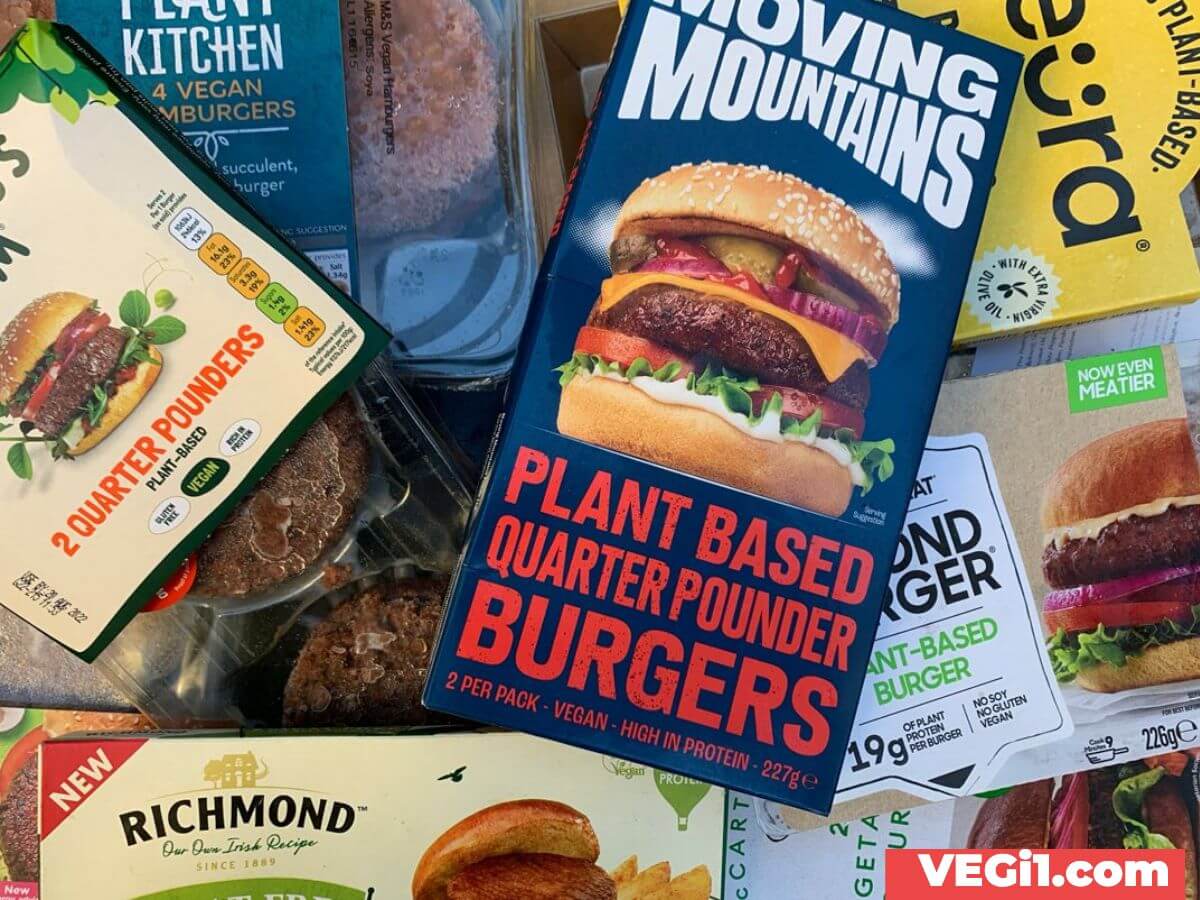
If you do not have any time for cooking and are looking for vegan burger options but don’t have the time or resources to make them yourself, look no further than these vegan burger brands that offer delicious and convenient options:
· Beyond Meat
Beyond Meat is one of the most popular vegan burger brands.
Their burgers are made from pea protein and beet juice and are known for their meat-like texture and flavor.
· Impossible Foods
Impossible Foods is another famous vegan burger brand committed to creating a more sustainable food system.
Their burgers are made from soy and potato protein and contain heme, a molecule in Meat that gives it its characteristic flavor.
· Gardein
Gardein is a plant-based protein brand that offers a variety of vegan burger options, including their Ultimate Beefless Burger and Black Bean Burger.
Their products are made from a blend of soy, wheat, and vegetables.
· Dr. Praeger’s
Dr. Praeger’s is a health-conscious brand that offers a variety of vegan and vegetarian burger options.
Their products are made from whole food ingredients and are free from artificial preservatives and additives.
· Boca
Boca is a famous vegan burger brand that has been around for over 40 years.
Their burgers are made from soy protein and come in various flavors, including original, mushroom, and spicy.
Challenges & limitations of vegan burgers
Although vegan burgers have many benefits, some challenges and limitations come with this dietary choice.
Here are some of the most critical challenges to remember:
· Taste & texture issues
For some people, vegan burgers may have a different taste and texture than traditional Meat.
This can be a turn-off for those who are used to the flavor and mouthfeel of Meat.
· Availability & affordability
Depending on where you live, it may be challenging to find vegan burgers, or they may be more expensive than traditional meat burgers.
This can be a barrier for people on a tight budget or living in areas with limited vegan options.
· Criticisms of Veganism & plant-based Diets
Finally, veganism and plant-based diets are not without their critics.
Some argue that these diets could be more sustainable and may lead to nutritional deficiencies.
It’s essential to do your research and consult with a healthcare provider to determine if a vegan diet is proper for you.
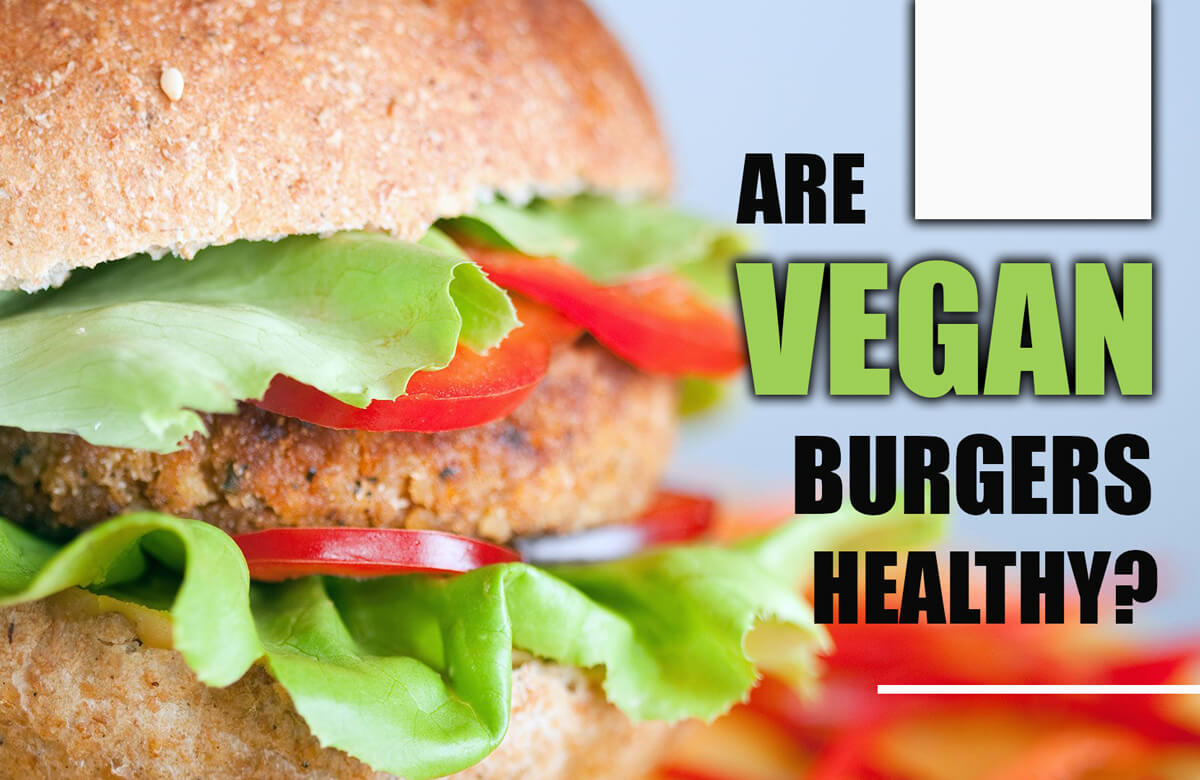
To summarize
Vegans are a healthy addition to any diet as long as they are consumed in moderation and as part of a well-rounded meal plan.
As with any dietary choice, you must consider your health needs and preferences and consult a healthcare provider or registered dietitian if you have any concerns.
Ultimately, the definite answer to “Are vegan burgers healthy” depends on the specific ingredients and preparation methods used.
Suppose you choose high-quality, nutrient-dense burgers and incorporate a variety of whole plant-based foods into your diet. In that case, you can enjoy vegan burgers while maintaining a healthy, balanced lifestyle.




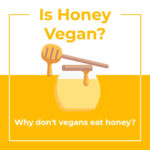

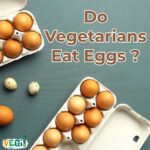




I have to thank you for the efforts youve put in writing this blog. Im hoping to check out the same high-grade blog posts by you later on as well. In fact, your creative writing abilities has encouraged me to get my own website now 😉
This is a well-written and informative post that covers all the important aspects of vegan burgers. I found the comparison table of vegan veggie burgers and meat burgers to be particularly helpful. I would suggest adding a section on the environmental impact of vegan burgers, as this is a growing concern for many people.
Thank you for your feedback! I’m glad you found the post informative. I will definitely add a section on the environmental impact of vegan burgers in the next revision.